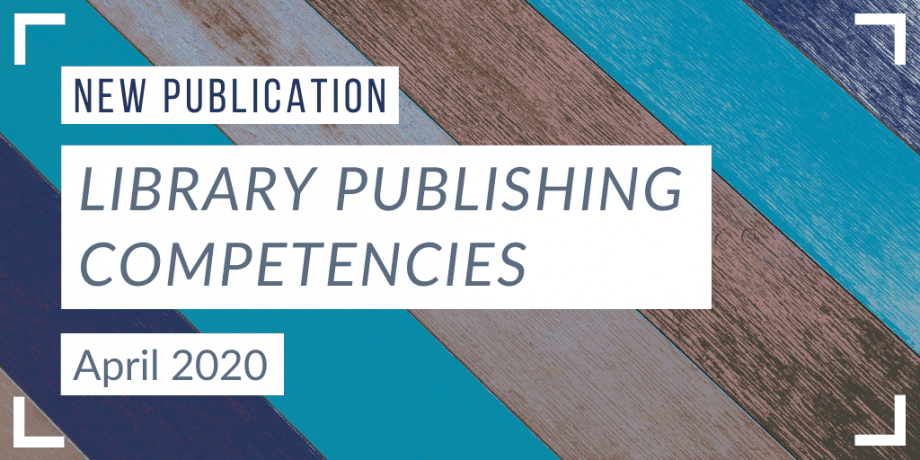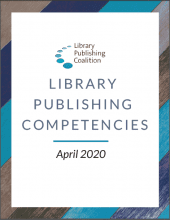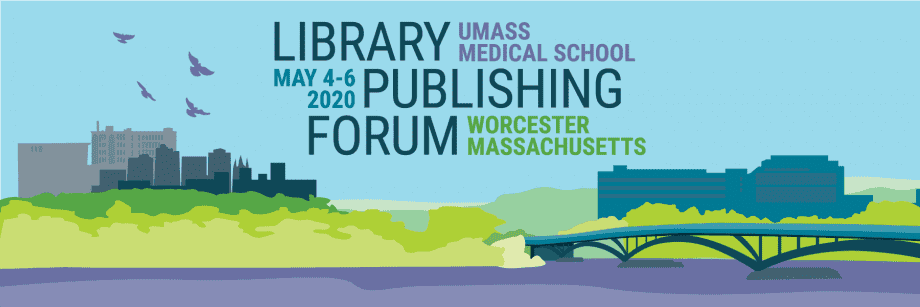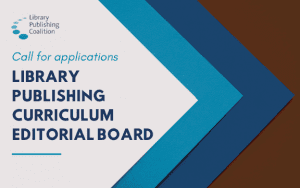
May 1, 2020
LPForum20: Fellows Forum
By A.J. Boston
Editor’s note: When we changed the 2020 Library Publishing Forum to a virtual conference format, we gave presenters the option of converting their presentations into blog posts. This is a guest post in that series. In this case, the post is also an entry in the ongoing Fellows Journal series.
By Talea Anderson (Washington State University) and AJ Boston (Murray State University), 2019-21 Library Publishing Coalition Fellows
AJ Boston, Apr. 24: Hi Talea. Thanks for agreeing to transition our Fellows Forum panel for the 2020 Forum into this collaborative blog post. The way I imagine this going is that we write back and forth in a shared Google Doc, prompt each other about the topics we broadly recognize the other had an interest in speaking about at the Forum, and then spiral out organically from there. A caveat to that “organically” being that we can edit and condense as we go along. (I’ll refrain from editing this initial block of text, for the sake of the reader.) Before I hop into some of the questions I have about your experience as an LPC Fellow, is there anything you want to add?
Talea Anderson, Apr. 27: Thanks, AJ—this sounds great. You know, the first thing that comes to mind is how you talked early on in the fellowship about your experience with libraries and library publishing as a parent. I think, in light of COVID-19, that type of reflection might be of particular interest to others in this community. It’s so challenging right now juggling work, kids…mental health….
AJ, Apr. 27-28: Yes! I saw someone on Twitter say they wanted to give 100% to parenting or working, rather than half-assing both. I feel like that. Our five-person household has been homebound almost every day for the past six weeks. Within that span of time, I was originally scheduled to attend the Library Tech Conference, present at the in-person Library Publishing Forum, and coordinate my campus student scholars week.
The last thing I did in-person was coordinate a statewide student poster event at our capitol in March. Virus warning signs were beginning to really register, but public response hadn’t caught up yet. The SXSW cancellation announcement came just the day after we held our event, and that was the first Big Announcement that I can recall. LPC announced the cancellation of the in-person Forum on the following Monday. I felt guilty not canceling our poster event, but I was still bouncing back from a tremendous family loss a couple weeks earlier. In hindsight, I see why my judgment was cloudy.
The campus scholars week event I coordinate was scheduled for April, and by that time students were attending class remotely. I was working from home by then too. In light of the burden that students and teachers were facing with the transition to remote learning, we held a virtual version for those students who genuinely needed the opportunity and we postponed work on our companion student journal. A fraction of the students who would normally have participated did so; I respect each student who opted out. I wasn’t teaching this semester, so I can only imagine what this abrupt shift has been like for them. My closest glimpse to the post-apocalyptic Zoomiverse is my service on the LPC Program Committee.
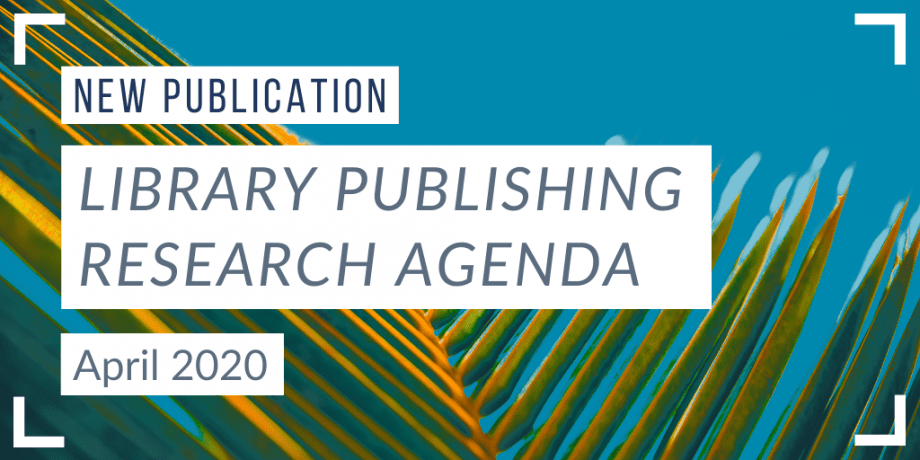
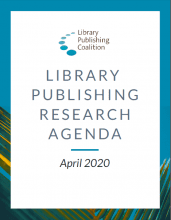 How to use the
How to use the 